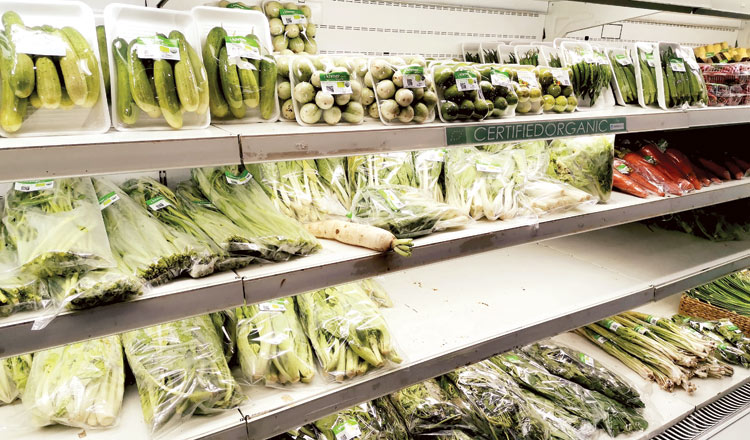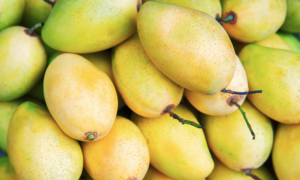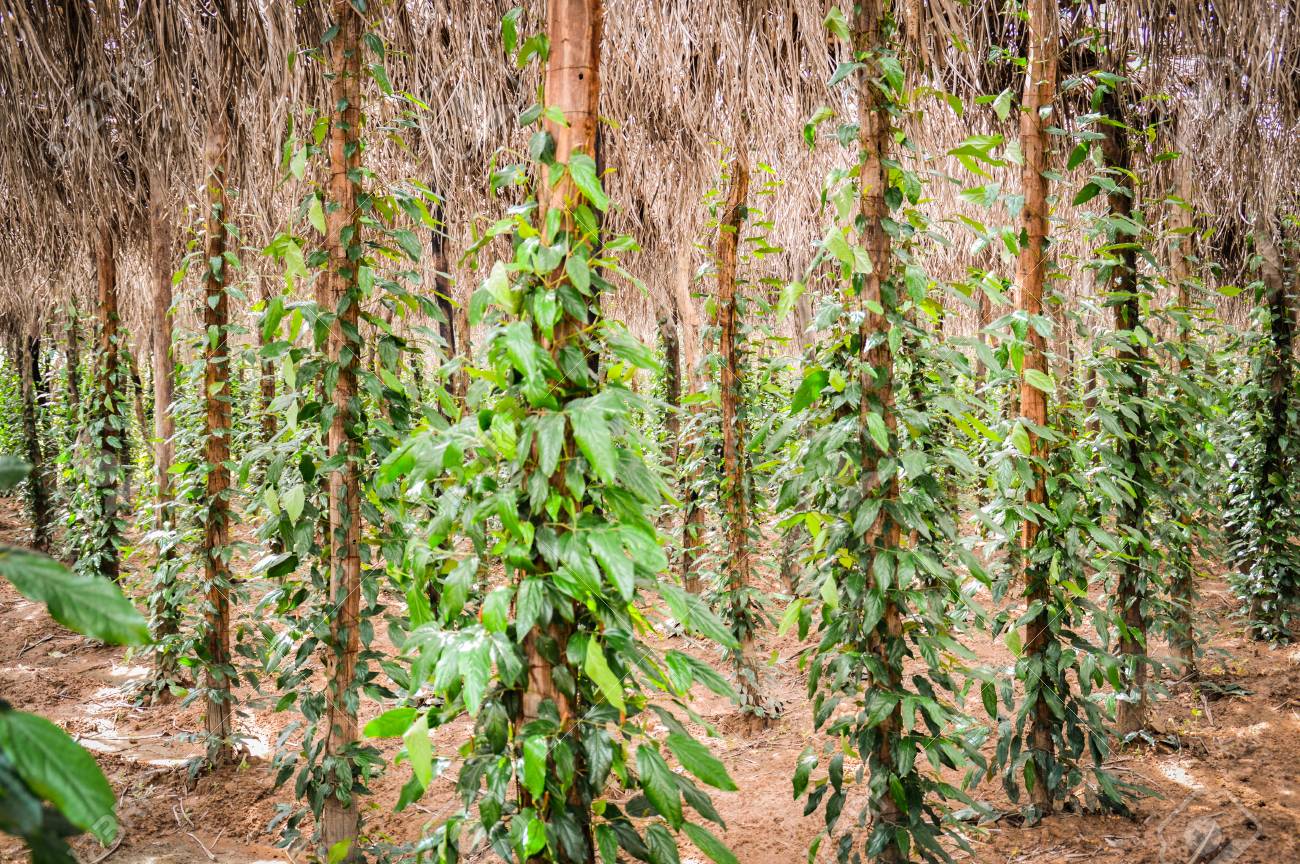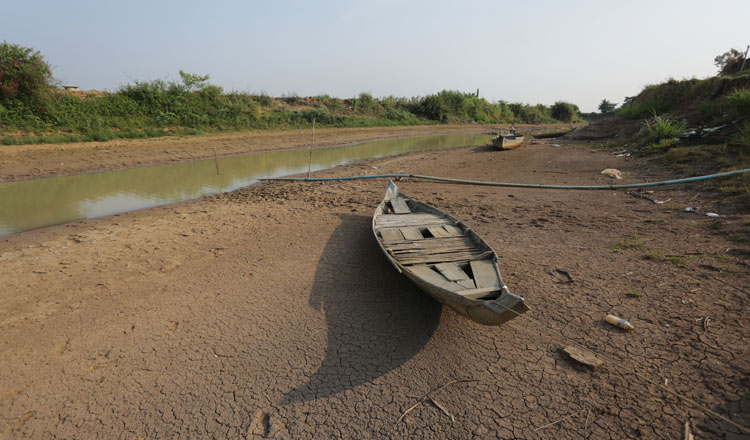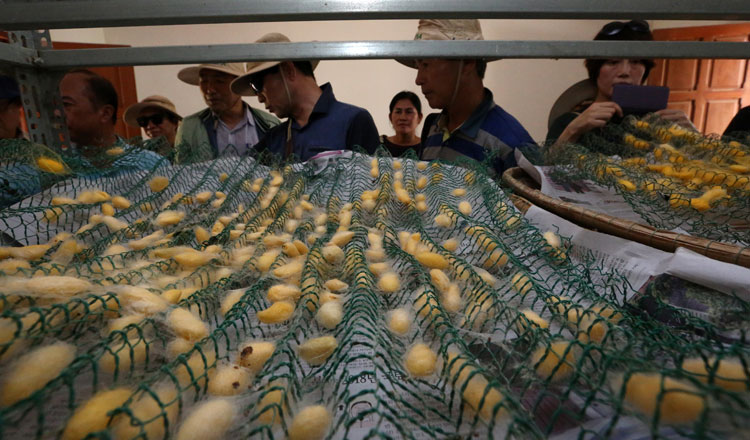Government issues certificates to prove produce is truly organic
The government has announced it will launch rules and a special logo to certify food as organic.
The announcement number 163, signed by Veng Sakhon, minister of agriculture, forestry, and fisheries, is named Cambodia’s Organic Agriculture Rules and National Logo for Implementation in Preliminary Food Production and Processing.
It is to promote mutual trust among producers and consumers in agriculture production and food processing.
It also promotes and supports the participation of farmers, agriculture cooperatives and the private sector to push organic food and processing for competitive and export reasons.
In addition to that, it contributes to environmental protection, human health, safety, and people’s wellbeing.
“The General Directorate of Agriculture will be in charge, implement the technical mechanism and manage all the implementation in preliminary food production and processing… and the use of the national logo on the products issued under Cambodia’s Organic Agriculture Rules,” the announcement read.
Chan Pich, general manager of Signature of Asia, welcomed the move. He said currently only the private sector certifies organic standards for agricultural products in Cambodia. However, having a national organic standard is good because Cambodia wants to work within ASEAN organic standards, to have a proper logo for local products and have proper guidelines to build trust among producers and consumers.
There are some organic certification organizations and companies such as ECOCERT, Control Union, OneCert, BCS and AgriCert.
“We asked the government to give the opportunity to other institutions that are able to certify organic services or assessments of producers and processing to come on board. The government, which manages the national organic standard, should participate with ASEANorganic standards or the world’s to exchange information and form a joint system with Asean,” Pich added.
Kong Pheach, director of agroindustry at the Ministry of Agriculture, told Khmer Times that the government’s initiative of Cambodia’s organic agriculture rules and the national logo is to fulfill the need of producers, so the government has to take action in order to ensure local products match quality and safety standards for consumers.
“We are preparing the procedure for implementation and other rules to push this job successfully,” Pheach added. He said this is voluntary for all farmers, agriculture cooperatives and agriculture producers to claim that their products are safe and high quality for competition in the market.
“We also aim for international recognition of our organic standards in foreign markets. The organic standards, rules, and logo are recognized locally but, for the international market, they can study their conditions. If they are acceptable, we can sell our local products internationally,” he added.
“The national organic standard will reduce the cost of local producers who are seeking organic certification rather than international organic certification,” Pheach added. “All agricultural producers must register with the ministry to have the national logo and organic certification and the ministry will send a technical team to guide and make an assessment of the farm and certify the farmers and cooperative agriculture producers [if satisfied with conditions],” he added. Khmer Times

